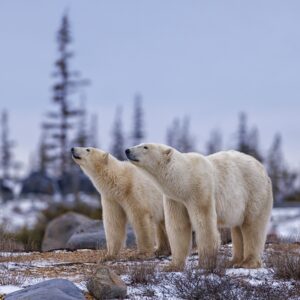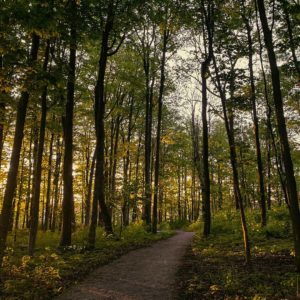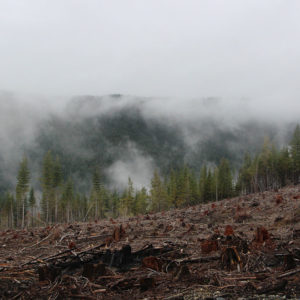Bringing Nature-Based Climate Solutions to the National Stage
Nature Canada was a co-convenor of the country’s first national Nature-Based Climate Solutions Summit, hosted this past February in Ottawa. The two-day summit drew 450 attendees—there was so much interest that we expanded expected numbers and finally had to cap registration at the venue’s capacity!
A strength of the summit was its united front, both in terms of participation and in planning. Organization of the event was a collaborative effort led by a steering committee of more than a dozen of Canada’s leading nature conservation organizations.
Missed the event? You can watch all the video sessions on YouTube—the perfect opportunity to learn something new during the weeks of quarantine ahead. This was the agenda for the day.
The event brought together many groups that are not often in the same room as one another: Indigenous leaders, nature organizations, labour union officials, industry, and representatives from municipal, provincial, territorial, and national governments. All were gathered to learn about the growing demand and evidence for nature-based climate solutions and how we can take action.
What are nature-based climate solutions and why are they important?
Also known as natural climate solutions, nature-based approaches protect and improve the ecosystems around us. These actions benefit society, our health and well-being, and the environment. Alongside a reduction in fossil fuel emissions, nature-based climate solutions are essential in helping us mitigate and adapt to the effects of climate change.
According to summit speaker Amanda Reed from Nature United, there are four categories of nature-based climate solutions:
- Natural infrastructure: Solutions that consider how ecosystems like coastlands and wetlands provide valuable services like clean drinking water and stormwater retention. Reed notes that natural infrastructure often serves the same role as human-built infrastructure—but will likely be better at adapting to climate change.
- Restoration: Solutions that rebuild and improve ecosystems.
- Protected areas: Solutions that set aside parcels of land in order to protect biodiversity, improve health, mitigate climate change, and more. For example, a protected forest provides a home for wildlife, stores carbon, cleans our air, and provides protection against floods and erosion.
- Improved land management: Solutions that learn from and imitate the surrounding environment—such as designing farmland in a way that resembles the natural ecosystem.
Nature-based solutions are nothing new.
Indigenous Peoples have long understood, valued, and protected their traditional territories, making decisions that consider not only the gains of a single generation, but also the well-being of future generations and the lands that will sustain them.
Learning from Indigenous knowledge and value systems is key going forward. We were fortunate to hear from a number of Indigenous leaders at the summit.
Canada is well-positioned to be a leader in natural climate solutions.
The Nature-Based Climate Solutions Summit is just the start. It helped lay the groundwork for the relationships and expertise needed to act on natural climate solutions. The time to do this has never been more urgent—we are facing the dual crises of climate change and biodiversity loss, and the sixth great extinction is underway.
The Canadian government is set to renew its protected area targets later this year, and has pledged to protect 25 percent of land and water by 2025, and 30 percent by 2030. Investing in nature-based climate solutions addresses these targets and presents a powerful answer to our ecological crises.
Nature Canada would like to thank the summit’s presenting sponsors, Environment and Climate Change Canada and the Metcalf Foundation. Finally, the summit would not have been possible without the shared leadership and vision of our fellow steering committee members.



